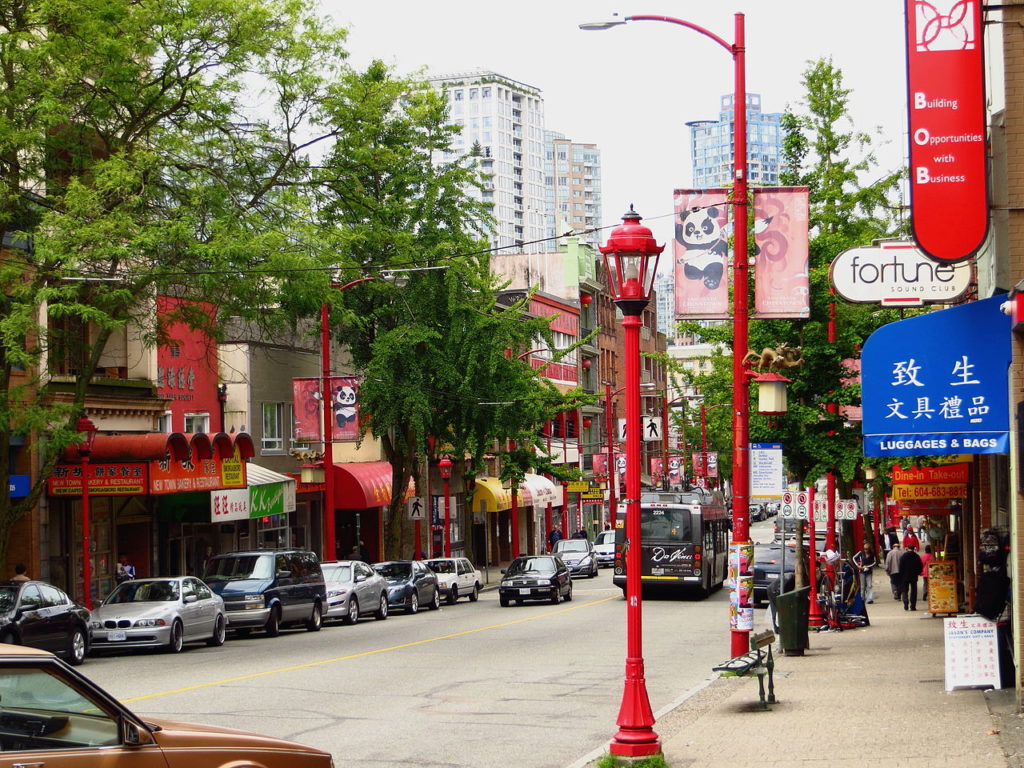SUBSCRIBE TO THE FREE NEWSLETTER
Cascadia Magazine original:
Swason Occupation–The fight for wild salmon
First Nations chief Ernest Alfred occupied a tiny island in British Columbia’s Broughton Archipelago for 284 days to draw attention to the damage commercial fish farms cause to wild salmon. Read an investigative report on the debate over fish farms and watch an exclusive video online now at Cascadia Magazine.
More funds to study Cascadia high-speed rail corridor
The Georgia Straight reports that Oregon is adding money to a $1.5 million study examining the creation of a high-speed rail network linking the major cities of Cascadia, including Portland, Seattle, and Vancouver, BC. The trains could travel at 250 km per hour and cut travel time between Seattle and Vancouver, BC to one hour. Geekwire has more and Microsoft’s involvement, with the goal of creating a Cascadia Innovation Corridor similar to Silicon Valley.
Will LGBTQ asylum seeker be sent back to violence in Russia?
Katie Herzog, writing for the Portland Mercury, profiles a Russian bisexual man who fled his country to escape the threat of violence, and who’s spent six months in a Tacoma prison in immigration limbo after a judge denied his asylum request. Meanwhile, the protest camp outside an ICE immigration facility was cleared by Portland police.
NRA sues Seattle as King County passes gun safety rules
KUOW reports that the National Rifle Association is suing the city of Seattle over a new safe-storage gun safety law, while King county is considering a slate of new rules, including requirements that gun shops display a warning about the health risks of guns.
Changing direction on density in Vancouver’s Chinatown
Christopher Cheung at The Tyee interviews Melody Ma, an activist working to preserve the unique character of Vancouver’s Chinatown about the city’s decision to back off plans to increase density in the historic neighborhood. “Chinatown is only about a dozen blocks. It is not and should not be the answer to all of Vancouver’s housing issues.”
Camas Davis’s mission to promote responsible meat
Foodies in Portland have long known about Camas Davis, the founder of the Portland Meat Collective, and now she’s got a new book out called Killing It. The Oregonian profiles the former food critic and how she traveled to the Gascony region of France to learn the art of butchery. Powell’s has a Q&A with Davis, and you can listen to NPR’s Terry Gross talks with Davis about her book and the quest for “ethical meat.”
Exhibit confronts photos of Indigenous people
City Arts has a review of Seattle Art Museum’s Double Exposure exhibit, which pairs the 19th century photos of Native Americans by Edward S. Curtis with contemporary art works by Indigenous artists Marianne Nicolson, Tracy Rector and Will Wilson. Says Nicolson: “The Indigenous perspective sees river systems, or even star systems, as a whole. But water systems have been delineated into ownership, privileges and rights to resources. In reality, the Columbia River is one system. I wanted to recreate that visually: the light becomes dynamic again.”
That’s today’s round-up of news, arts & culture from across the Cascadia bioregion. Keep cool in all this heat! –Andrew Engelson
Photo credit: Vancouver Chinatown by Wikimedia Commons user Xicotencatl CC-BY SA 3.0

